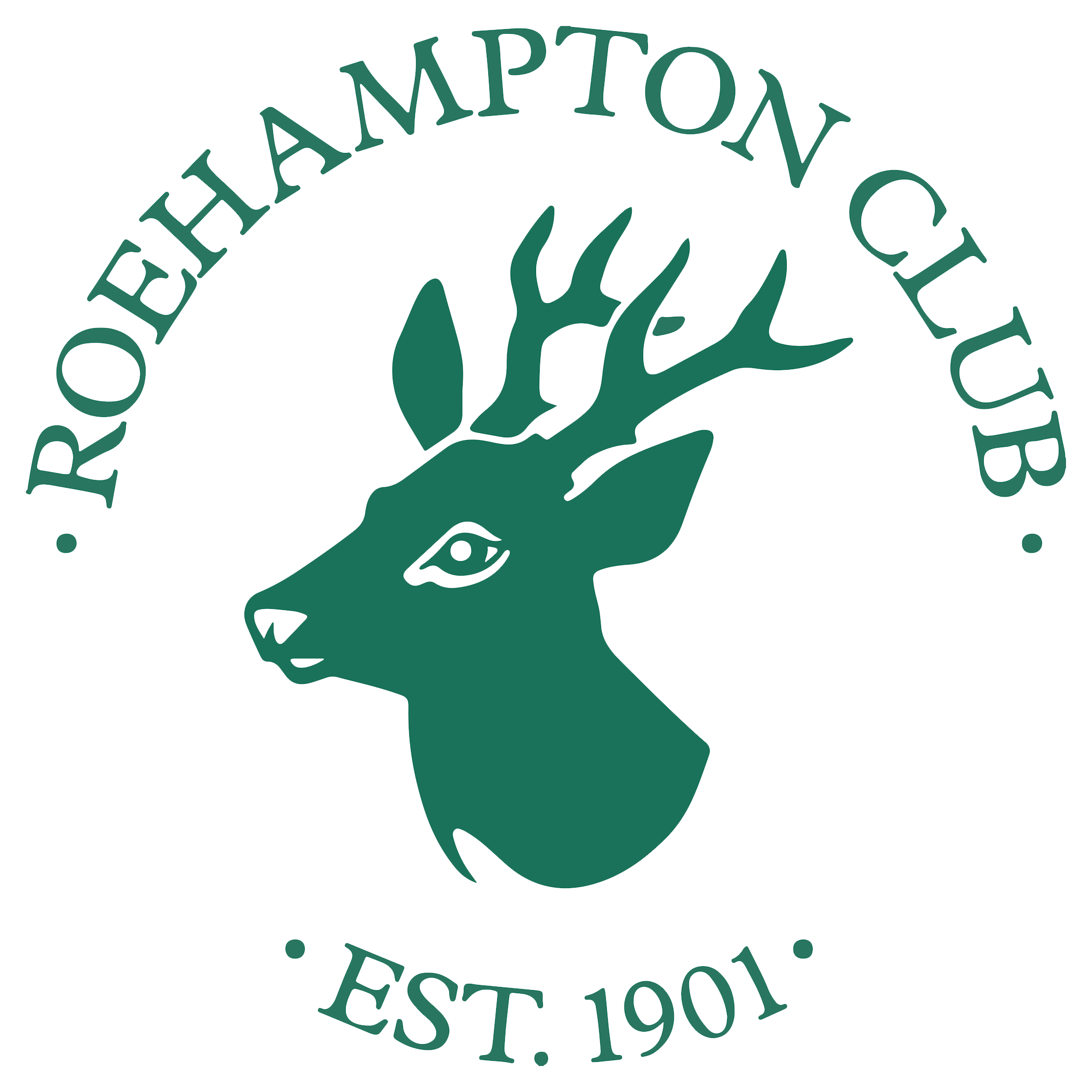The application form in the Club archives for R Leicester Harmsworth MP also coincides with his appointment as Director of Associated Press – the company formed in 1901 by his brother Alfred Harmsworth better known as Lord Northcliffe (pictured) who had successfully begun the process of appealing to the working class and middle income earners with his sense of what the reading public wanted to buy. He had set up several periodicals leading up to the end of the nineteenth century which he brought together to make up the largest periodical publishing company in the world.
By the time Leicester Harmsworth joined the Club, Lord Northcliffe had brought all four of his younger brothers into his media empire which included the Daily Mail and the Daily Mirror and by 1908, the umbrella organisation had acquired the Sunday Times. It is a matter of record that all his brothers have been recognised as contributors to this media conglomerate. By 1914, this powerful organisation reportedly controlled 40% of the morning newspaper circulation in Great Britain, 45% of the evening newspaper readership and 15% of the Sunday circulation. Such was the overarching influence on the population of the country where the editorials could affect opinions and behaviours across the class system before the advent of radio, television and the digital world in which we live today.
